Baptizing/Crosses
The pectoral cross is a symbol of the Christian faith, the first one we get acquainted with during christening as an infant. For a religious person, a cross is a thing that is always with him throughout his life. We identify ourselves with the cross as belonging to the Lord that means we are connected with Him forever: having accepted faith once, it cannot be changed or abandoned. So, a child during the sacrament of Baptism, at the time of his spiritual birth accepts faith and becomes a Christian forever, although he still does not understand the meaning of the cross and cannot perceive it as a shrine.
The Sacrament of Baptism is the first and most important sacrament when a person enters the church and becomes an Orthodox Christian. Perhaps that is why fears, unrest, and even superstition most often appear around this ritual. What is possible and impossible when it is better to baptize a child, how to choose godmothers - these and other questions arise from parents in the preparation process, because everyone wants everything to go right and according to the laws of the church. But the main question on the eve of Easter is the question "Can I baptize a child in fasting?"
In the Orthodox Church, the cross of Christ is one of the most used objects and symbols, which is present both in the private life of every Christian and in the decoration of churches, clothes of clergy, etc. The sign of the cross, as an instrument of salvation for all mankind, with which we cross ourselves during worship, is also an integral part of the Orthodox cult. In the Church, there are different types of crosses, according to their purpose. We will tell you about these types of crosses and their features in our material.
Baptism is the first sacrament for a newborn baby, which opens the door for him to other sacraments of the Church, above all, to Communion. While the child is preparing to enter the Church through the water, his parents and godparents are experiencing how to prepare and organize everything properly. As practice shows, a lot of questions arise regarding the body cross for the baby, for example: which cross to buy, do you need a chain and others. In our material we have collected answers to the most frequently asked questions about the crosses for the baptism of babies. We hope this will help many parents and godparents to save their time and nerves.
Wearing a cross is one of the most obvious signs that a person is a Christian. For a believer, he becomes a personal shrine, which he keeps to himself throughout his life.
Baptism can be called the first church sacrament of a believer, because it is a symbol of renunciation of sinful life and entry into the community of salvation - that is, the Church.
Silver - one of the most common materials for the production of crosses, icons and other religious items. However, even the silver of the highest sample with time sometimes blackens or becomes covered with a dark coating. Why is this happening, and how to return the silverware to its previous appearance? We will talk about this in our material.
Baptism is the first solemn event in the life of a small newborn man, which his parents remember for the rest of his life. On the day of baptism, a baby is washed by holy water from sin and enters the gates of the Church of Christ. One of the binding attributes of baptism is a cross on the chest, which is worn on the child at the end of the sacrament. What cross is better to buy for the baptism of your baby? Are there any church rules for this? Answers to these questions can be found in our material.
Neither one nor the other - so briefly you can answer the question put in the headline. The cross is not an amulet that protects one's presence, or a beautiful accessory, whose purpose is to attract the attention of others. In Christianity, this instrument of execution became the symbol of victory over death. So what is the true purpose of the cross and why do believing people wear it around their necks?
The cross is always present in the life of every Christian, but unfortunately, there are many people around him, unfortunately. One of them concerns the prohibition to wear someone else's sign of the cross in order to avoid any troubles and illnesses. Different sites in the network are full of enumerations of the harm that can happen with someone else's cross. How far do such judgments have a basis? How much does this all relate to Christianity in general? You will find the answers in our material.

.jpg)
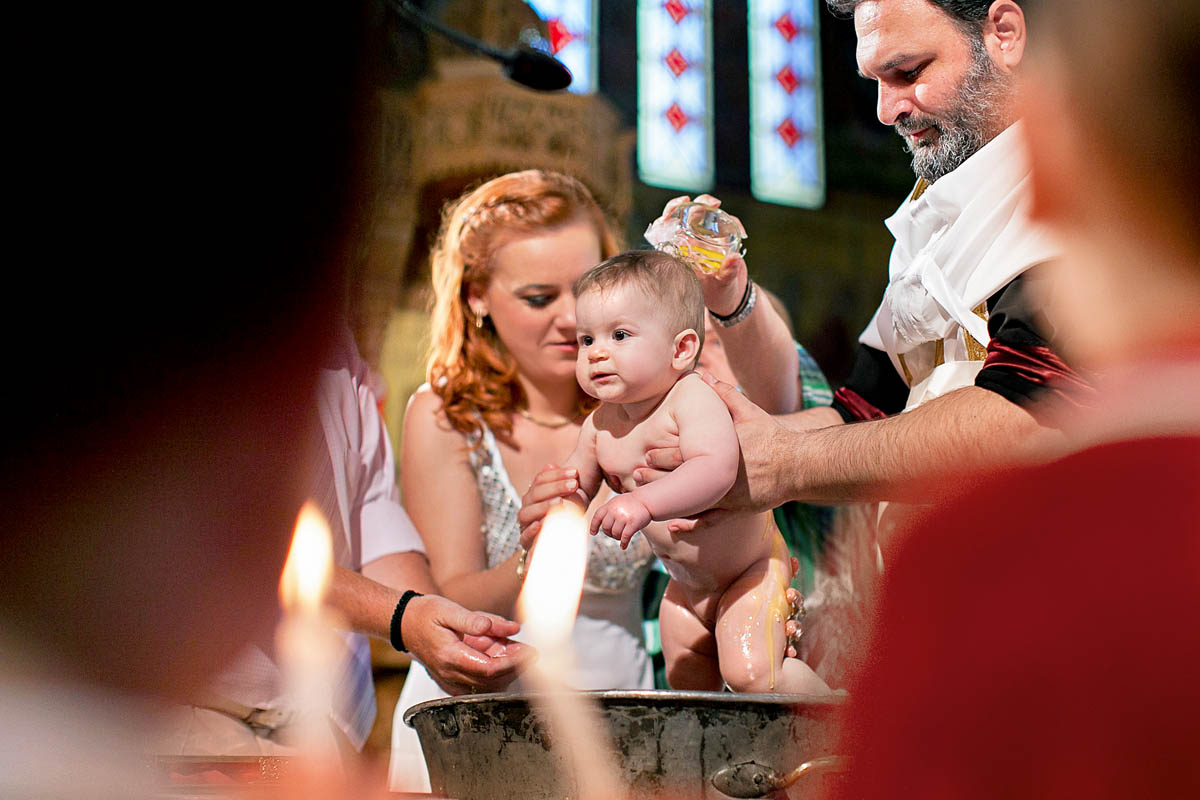
.jpg)
.jpg)

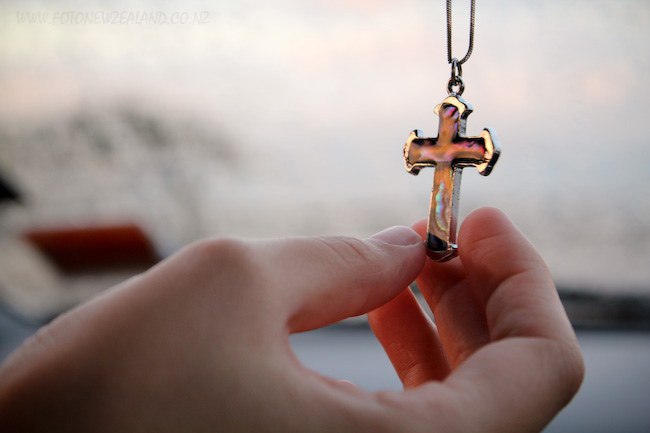
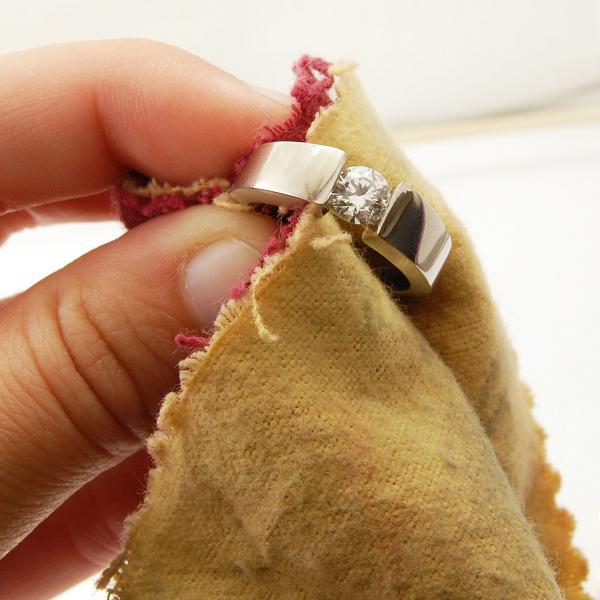
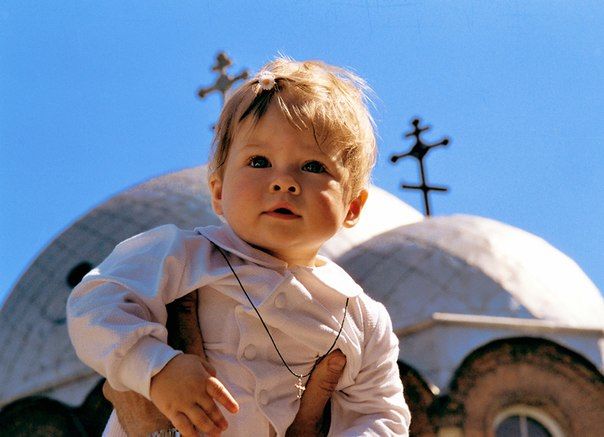
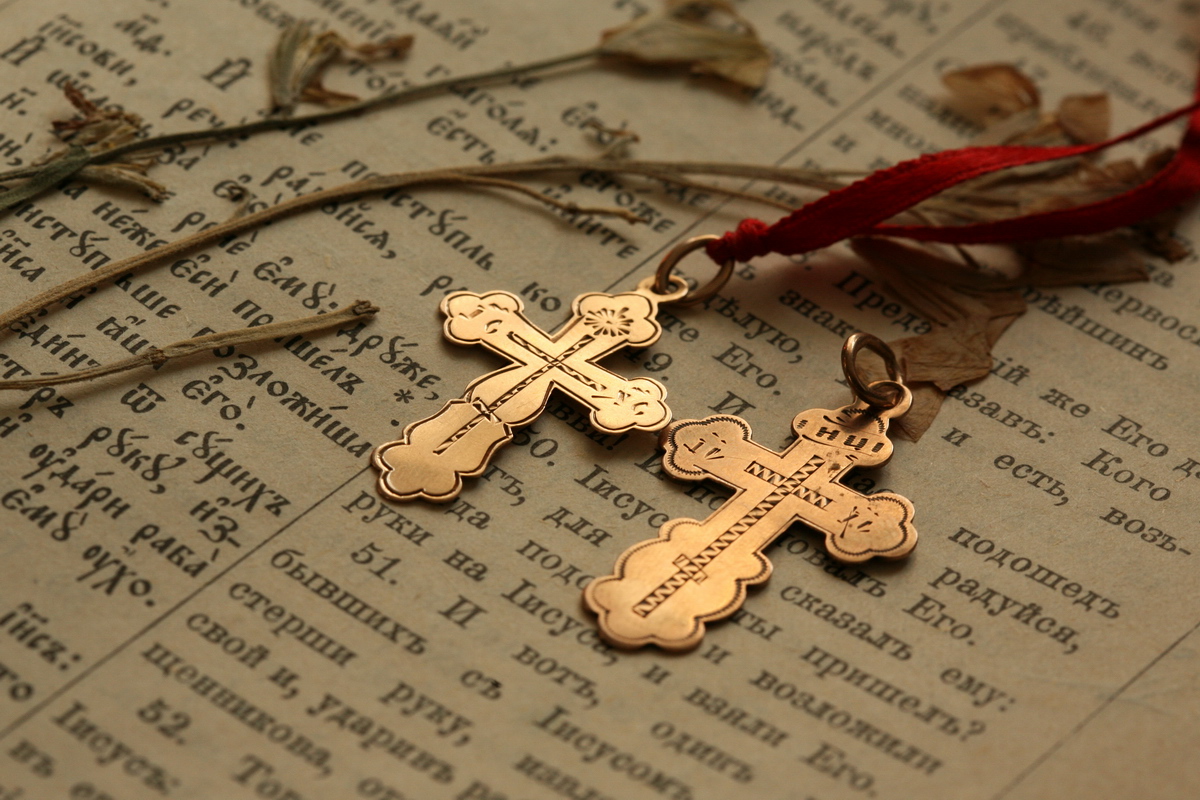
.jpg)


